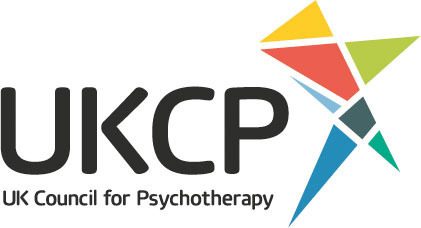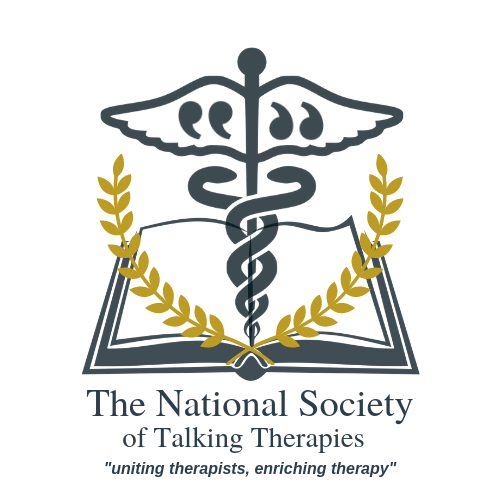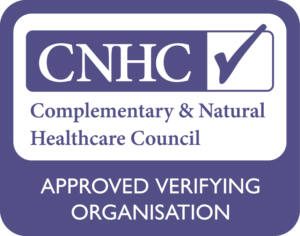The NCHP Approach to Psychotherapeutic Counselling
At NCHP, psychotherapeutic counselling goes beyond offering support or short-term solutions. It is a collaborative, in-depth process where the therapeutic relationship is central, offering a space where client and therapist work together to explore, understand, and create lasting change.
Our approach is relational, outcome-oriented, and pluralistic, drawing on a range of therapeutic traditions and working holistically with the mind, felt sense, subjective experience, and personal context. Hypnosis still plays an important role in our approach, as we understand it as another dimension of the therapeutic relationship and a helpful and effective way of working with our clients’ relationship with themselves.
This route is for you if you want to…
-
Work relationally and in-depth with clients
-
Train within a flexible and pluralistic model
-
Gain UKCP Accrediation as a Hypno-Psychotherapeutic Counsellor or Integrative Psychotherapeutic Counsellor
-
Integrate hypnosis into your practice
-
Value inclusivity, diversity, and respect for difference
-
Work with your clients’ potential for growth
-
Enjoy creative, experiential learning
Psychotherapeutic Counselling
Both counselling and psychotherapeutic counselling work with the relationship as central to the therapeutic process. However, counselling is traditionally based on a humanistic, person-centred understanding of the relationship as being both necessary and sufficient.
In psychotherapeutic counselling, we still hold person-centred principles at our core, yet we recognise varying dimensions within the therapeutic relationship. These may be needed in ways that extend beyond what Carl Rogers termed the ‘core conditions’. There may also be a need to work actively with relational phenomena, such as transference and countertransference, as well as reparative and attachment-informed relational elements.
How Psychotherapeutic Counselling Differs from Counselling
- It is often a more extended term, although it allows for deeper exploration, even if working in the short term work;
- It looks beyond symptom relief to the underlying causes.
- It attends to childhood experiences, the roots of beliefs, identity, and personality.
- It is sensitive to complex or long-standing issues that may have developed over a lifetime.
If You Can't Decide Between Hypnotherapy, Psychotherapeutic Counselling and Psychotherapy...
…You Don’t Need to Choose Right Now
- Our UKCP pathways are designed with maximum flexibility in mind and feature multiple points at which you can choose to exit or pause;
- All our UKCP pathways begin at the same point;
- If you decide to conclude your studies or take a break after Stage 2, you can do so with a recognised hypnotherapy qualification;
- You can pivot at any point before the beginning of Stage 4 from one pathway to the other, depending on your circumstances and desired outcomes, should they change;
- The UKCP accredits both our Psychotherapeutic Counselling Pathway and our Psychotherapy Pathway.




